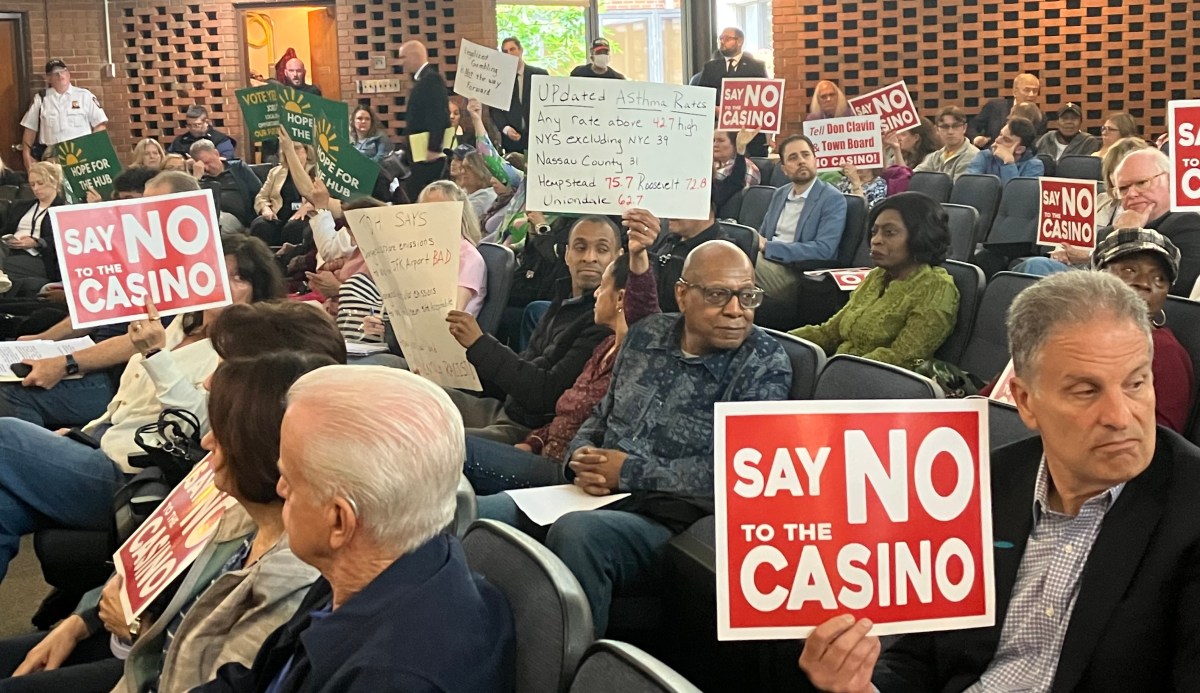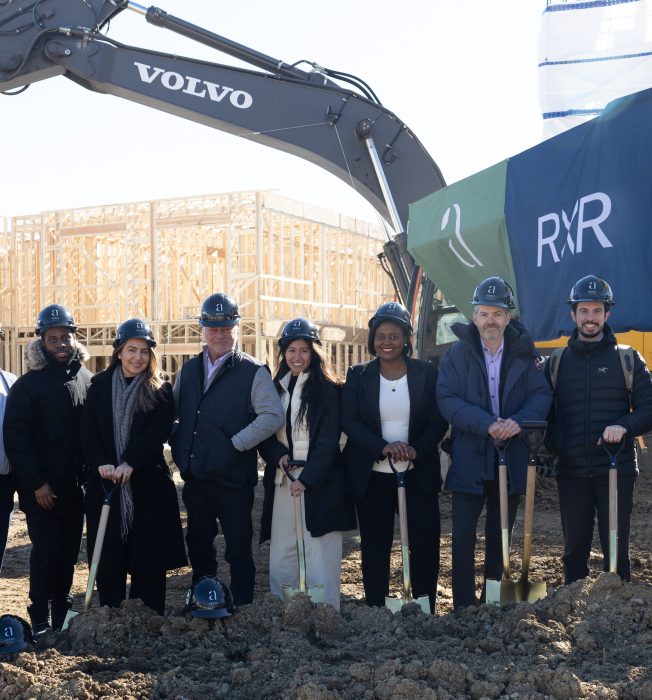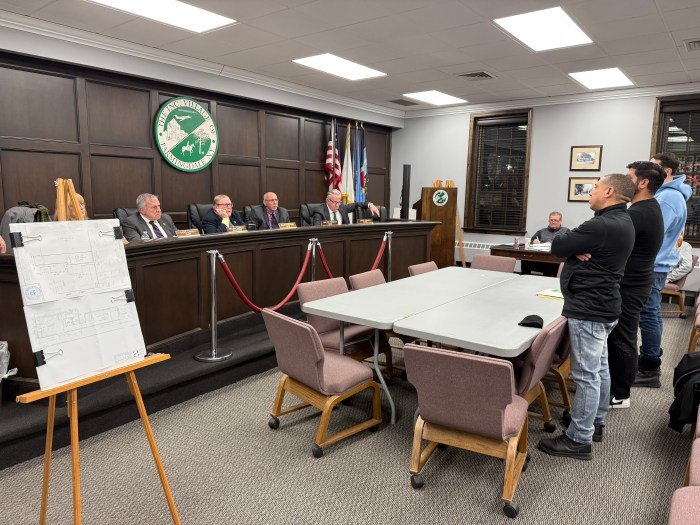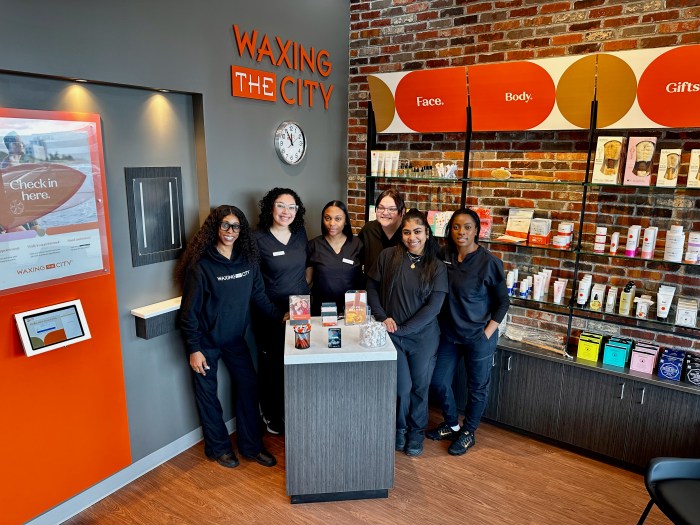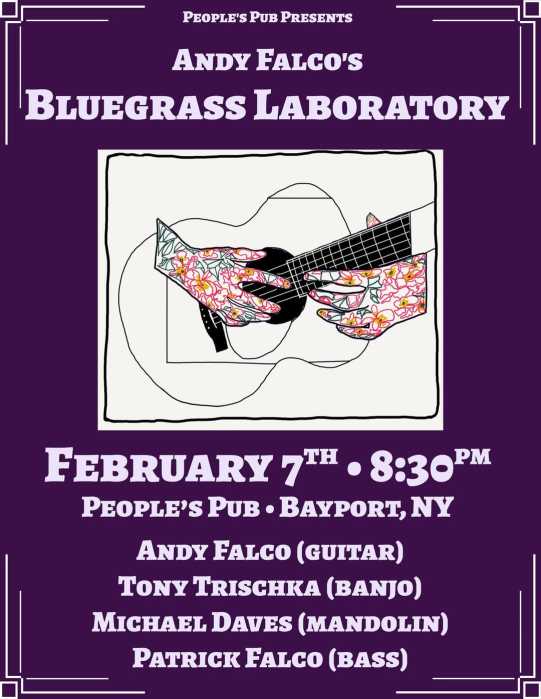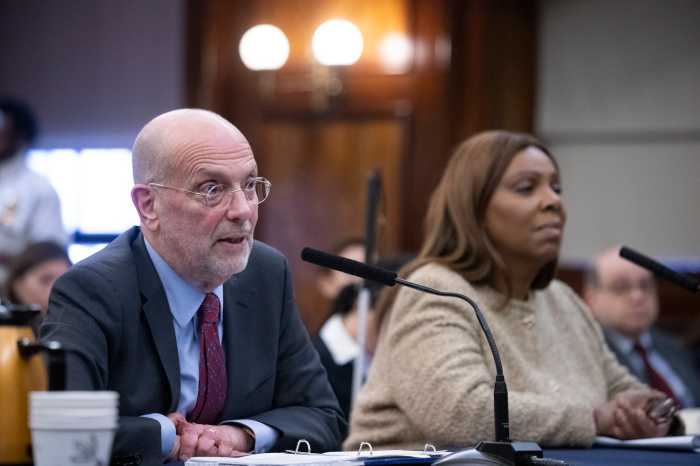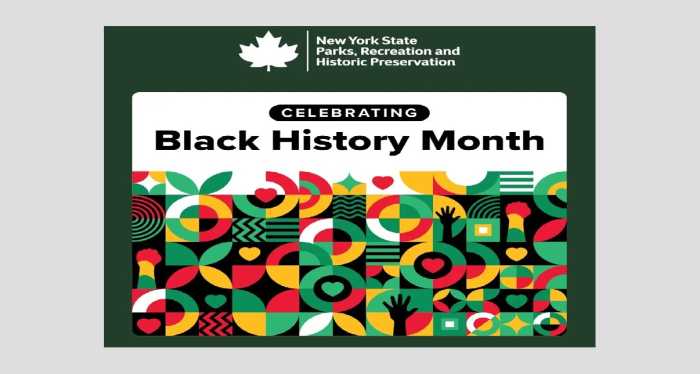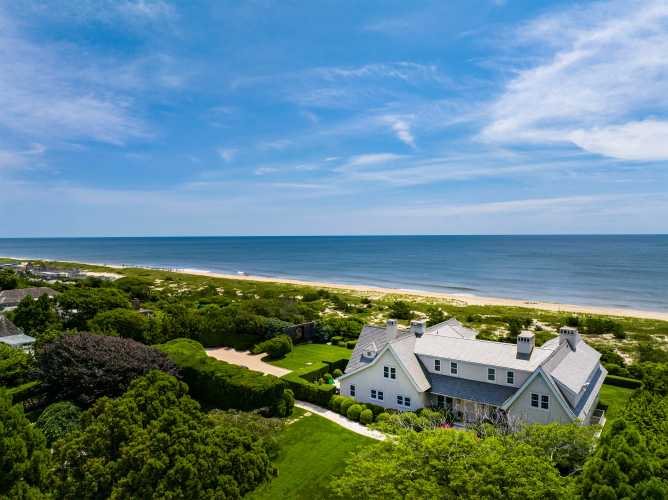After months of tense debate, the land on which the Nassau Coliseum sits has been rezoned for new development.
Though there are no current plans to fill the Nassau Coliseum with a controversial casino, the town board still received a loud chorus of boos from its opponents when it approved the rezoning that would theoretically allow one in the future Tuesday afternoon.
“The thing that bothers me the most is the overwhelming opposition towards the adopted resolution,” said Chris Jacobs, a 45-year-old Uniondale resident, after the hearing.
The Town of Hempstead heard roughly two hours of public comment Tuesday against the rezoning of the Nassau Coliseum and adjacent Marriott Hotel properties, referred to collectively as the Nassau HUB area, before passing the measure unanimously.
Over 40 people spoke against the resolution and one in favor of it at Tuesday’s hearing. Their comments added to the record started during an almost six-hour May 27 hearing on the measure, which heard 39 people speak in favor of the resolution and 51 against.
According to the town, the rezoning from a mixed-use district to an integrated resort district allows for restaurants, hotels, retail establishments, supermarkets, spas, cultural facilities, hospitals, and senior care facilities to be built in the area.
It also allows a gambling facility. However, there are no plans for a casino at the time, as the Las Vegas Sands, the current leaseholders of the property, pulled out their proposal for a casino in April, citing concerns over their projected returns and the impact of potential legalization of iGaming on the market.
There are currently no proposals for the area and no prospective developers.
An attorney for Sands said that though the company was still looking for a third party to redevelop the land in their place, they did not plan to apply for one of the state’s three available downstate gaming licenses by the June 27 application deadline. That means the third party Sands finds would not be able to propose a casino in the foreseeable future.
The over 40 people who spoke against the casino and rezoning on Tuesday identified themselves as nearby residents, typically from Garden City, East Meadow and Uniondale.
They raised concerns about gambling addiction, increased traffic, crime, drug use and alcoholism in the area, drunk driving, a sentiment that a casino should not be so near to high schools and colleges and worries that local businesses would suffer, as casino patrons would be enticed to stay inside and purchase food, drinks and goods there.
Nearly all said they wanted development in the area, with many citing ideas like a medical center or hospital, a STEM research campus, a civic and cultural center, affordable housing, a clean energy facility and a sports and wellness center.
The town said that the rezoning would allow for the space to be redeveloped for those uses, though casino opponents questioned why the board insisted on keeping the provision for gambling in the rezoning when so many residents vehemently opposed it.
The one woman who spoke in favor of the rezoning at Tuesday’s hearing referenced a need for redevelopment in the area and brought a stack of 200 letters people had signed in support. Roughly 10 people held up signs in support of the rezoning throughout the meeting.
The board characterized the rezoning as an important step forward for the county.
“Today’s vote by the town board is an important step in realizing the potential for sustainable and transformative development of the property at Nassau’s HUB,” said Brian Devine, a communications director for the town, in a statement after the hearing. “Meaningful growth that is in harmony with our area’s suburban character will support needed construction jobs, economic investment and stimulation, high-quality permanent employment for our residents, and the enhancement of the last major underdeveloped parcels in America’s largest township.”
“The town board’s action addresses outdated zoning that has limited the potential of this site,” Devine’s statement continued. “In enacting this rezoning, the town has shown its commitment to fostering diverse, high-value development and positioning the town for the future.”
After the hearing ended, residents said they were concerned that the town would approve a casino or other gambling activity in the space at a later time, but did want to see new development.
Many yelled aggressively at the board as they took their vote, saying, “We know what you’re doing,” and “No casino.”
“They were careful to talk about all of the activities that could take place as a result of the rezoning,” said George Krug, a 66-year-old Garden City resident. “They never once mentioned gambling or gaming or slot machines. But, this was only ever about gambling at that site.”
The Say No to the Casino Civic Association released a statement after the hearing condemning the town’s vote, calling the hearing a sham, and calling for the board’s resignation.
“Say No to the Casino Civic Association strongly condemns the Town of Hempstead’s vote to change the zoning.
Las Vegas Sands walked away from their own exploitative project, yet continues to orchestrate this puppet show and manipulate elected officials,” the statement reads. “No other developer is willing to step in. Why change zoning before there is a plan in place for the HUB’s future?”
“They never cared about saving our suburbs,” the statement continued. “They want to exploit us for every dollar we have, risk our quality of life, our safety, and our children’s futures, in exchange for the good graces of their party bosses and all the perks that come with that.”
Any new proposal for the property from a prospective developer identified by Sands would have to go through multiple public review processes and public hearings before the town board could vote on it.




